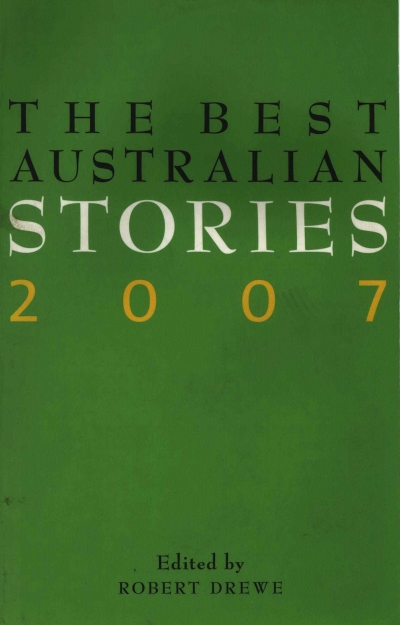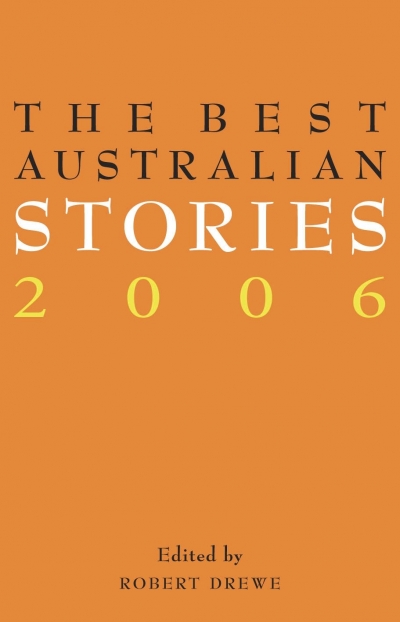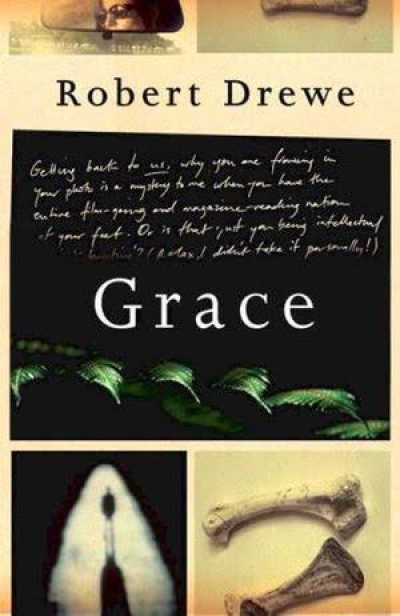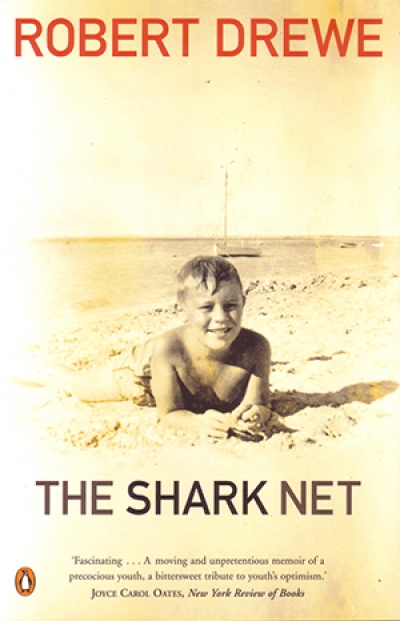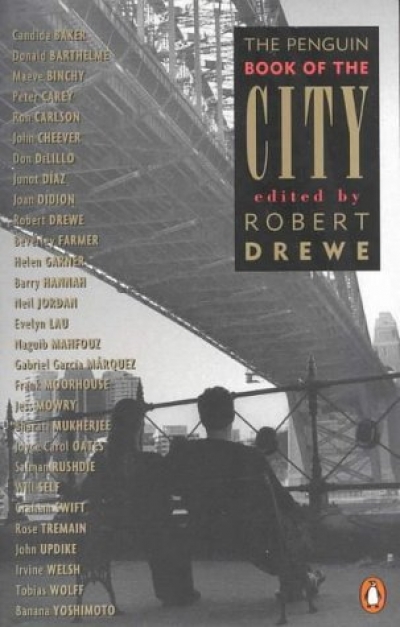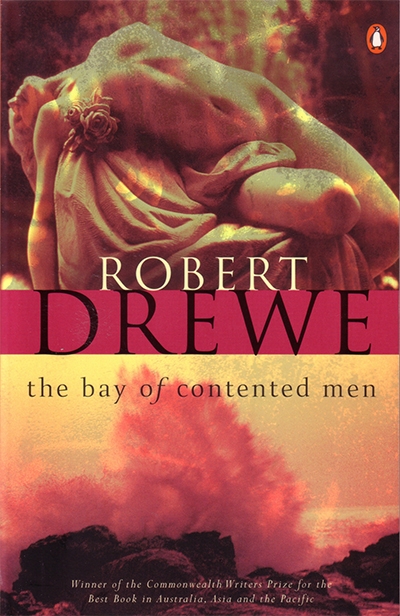Robert Drewe
The Best Australian Stories 2007 edited by Robert Drewe
The Best Australian Stories 2006 edited by Robert Drewe
Ramona Koval: I once had a conversation with an Australian writer who envied my parents’ war experience and refugee tales, because he said at least you have something to write about. But in this memoir you have proved that an Australian beach-based childhood can be as compelling and strange and moving as any European story. This Australian story had been brewing for a while, hadn’t it?
Robert Drewe: It had certainly been brewing for a long time. I have written novels touching on this period. But for some reason, perhaps because of the rather harrowing experiences of my family at the time, I had pushed it aside. But in the end I found it was more and more on my mind. I realised that my whole generation of people growing up in Perth were still subject to the same myth. I decided finally to deal with it in the manner I have.
... (read more)Survey | Kerryn Goldsworthy reviews the 1987 National Book Council Awards for Australian Literature shortlist
‘If you can’t say something nice,’ my mother always said, ‘don’t say anything at all.’ (I pinch this opening gambit, shamelessly, from Kate Grenville’s Self-Portrait in the last ABR, and hope she does not mind; imitation is the sincerest form etc.) Apropos of parental expectations regarding niceness-or-silence, however, I am reminded of a remark of Elizabeth Jolley’s: ‘I think my mother wanted a princess, and she got me instead.’
... (read more)
